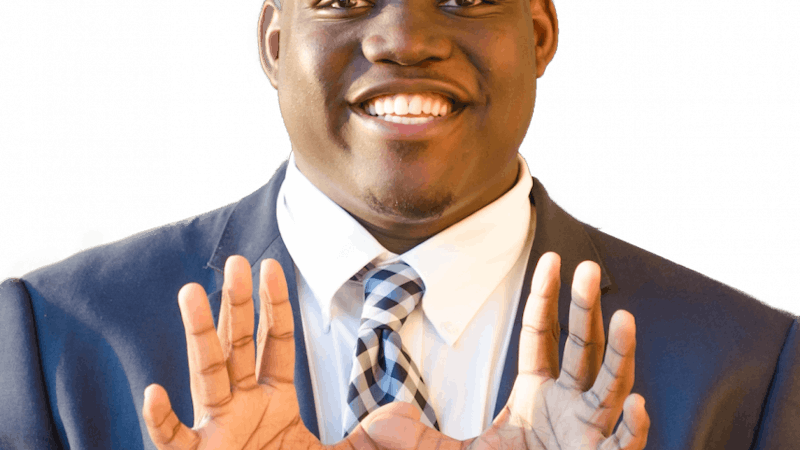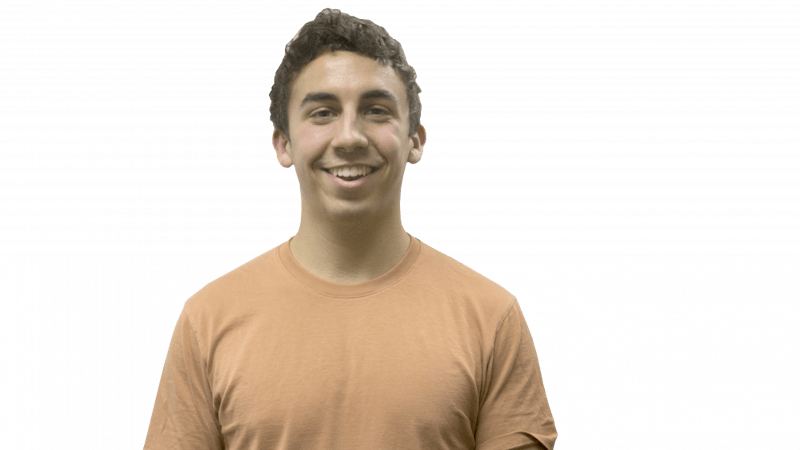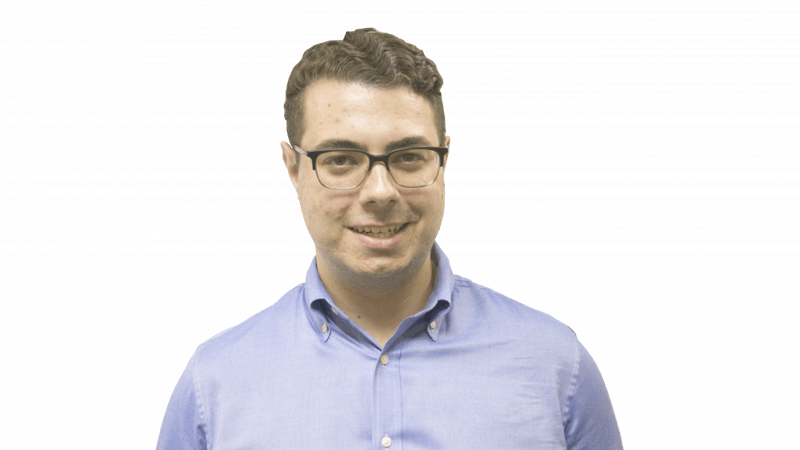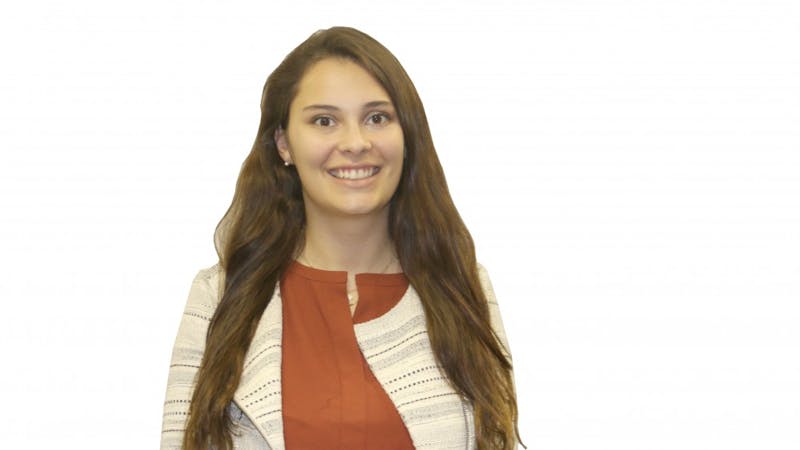LTTE: The Whole Story: Neutrality on the Side of the Oppressor
An error too common in analysis of Israel and Palestine is a feigned two-sidedness, something which in practice is often used to silence the voices of the Palestinians.
An error too common in analysis of Israel and Palestine is a feigned two-sidedness, something which in practice is often used to silence the voices of the Palestinians.
Giving faculty more discretion on sanctions would facilitate uneven application of the Honor Code.

"Expanding LPAP to LEAP would realign us to our already existing culture of student freedom while also giving a platform to areas of development that we find important."
Despite its argumentative flaws, Dreyer’s op-ed last week attacking a guest lecture on Palestinian revolutionaries serves as a powerful reminder of the need for more dialogue on the Israeli-Palestinian conflict at Rice.
In last week’s Thresher article, “Evening of Elegance Attendance surpasses NOD for the first time,” Chi Alpha staff member Mathison Ingham said, “We wanted to create an event that gave dignity to people and let them have fun in an uplifting atmosphere.” This merits a response to those who attended or considered attending NOD and to Chi Alpha as an organization. To the former: Resist the notion being presented to you that sexuality, nudity, or following your own feelings and choices is without dignity.
Amid the excitement of the World Series, the stress of midterms and the impending doom of finals, one major upcoming event has not been on the minds of most Rice students: Election Day.
The decline in NOD participation over the past several years points to its reduced significance as a component of Rice culture, but campus institutions — and the messaging around the party — still tend to treat the event as if it’s as prevalent as it used to be.

The authors of “Counting Sheep: An Expose on Ignorance” lament what they consider “social decay,” but their revolutionary thinking contributes to precisely this situation.

As “Counting Sheep” was an opinion piece, its writers are perhaps entitled to their hypocrisy in a way that the Thresher’s fact-based reporting is not; however, that does not mean it should be enabled.

On an intellectual and practical level, Takriti’s presentation and the website present a narrative that is suspect at best and plainly sinister at worst.

Over the course of the semester, there were at least nine total articles and op-eds about my assault, but the entire time, those close to me told me to not let anyone know that I was the one assaulted at Sid School Girls.

In a world riddled with unprecedented animosity, obscene amounts of greed and inequality, human rights emergencies and a planet near collapse, there is no time to be lulled by the tempting placidity of chosen ignorance.

When it comes to finding a suitable [female] partner, does anyone actually rank “shaving habits”?
Putting the LPAP expansion on the Survey of All Students reduces students’ feedback on the proposal to a simple “yes” or “no” vote.
At present, there is no formal feedback mechanism through which new students can share their opinions about the course. This must change.

There is no athletics team on campus that I have more respect for than Rice Swimming. But they are constantly overlooked and their meets poorly attended.